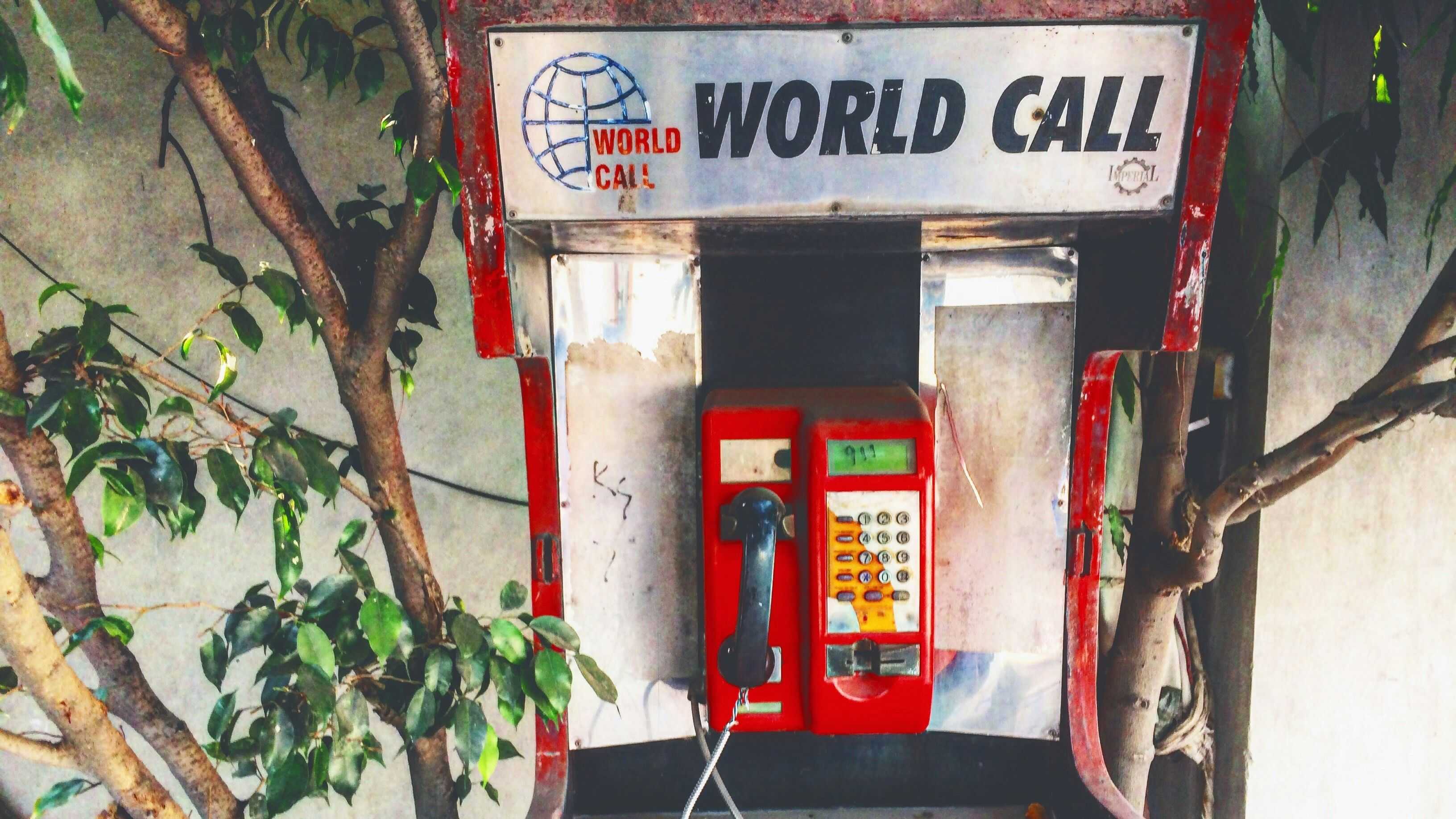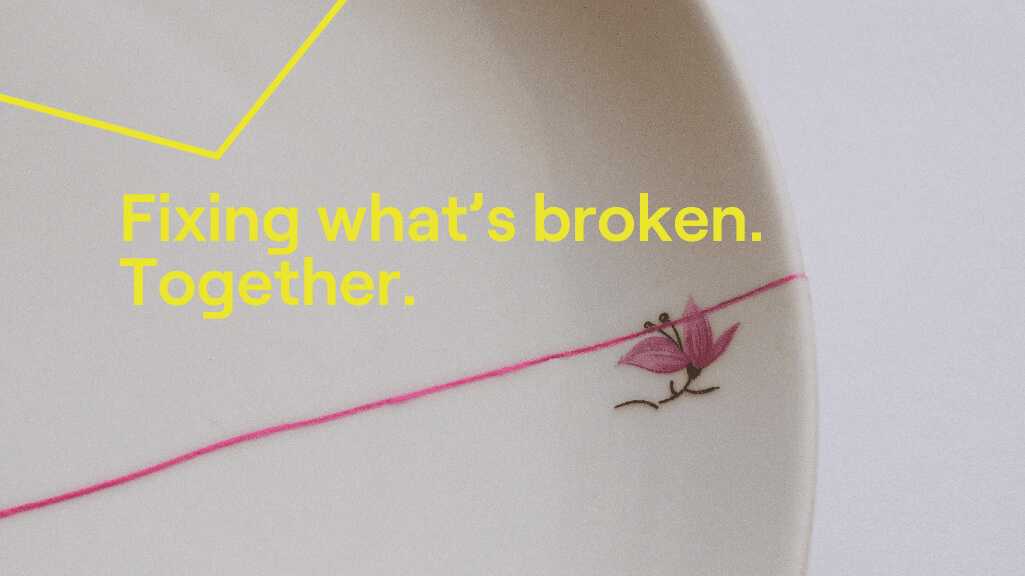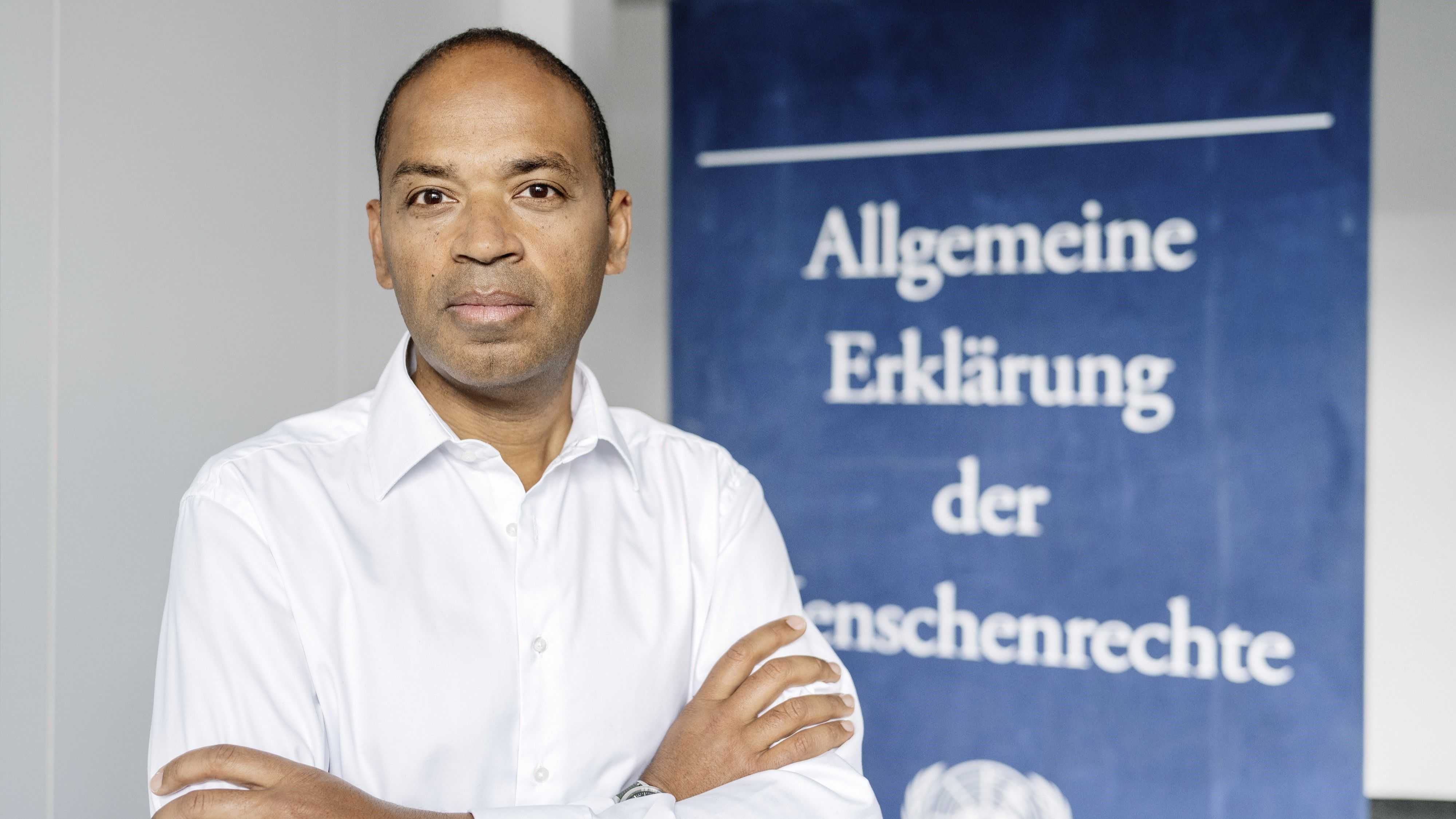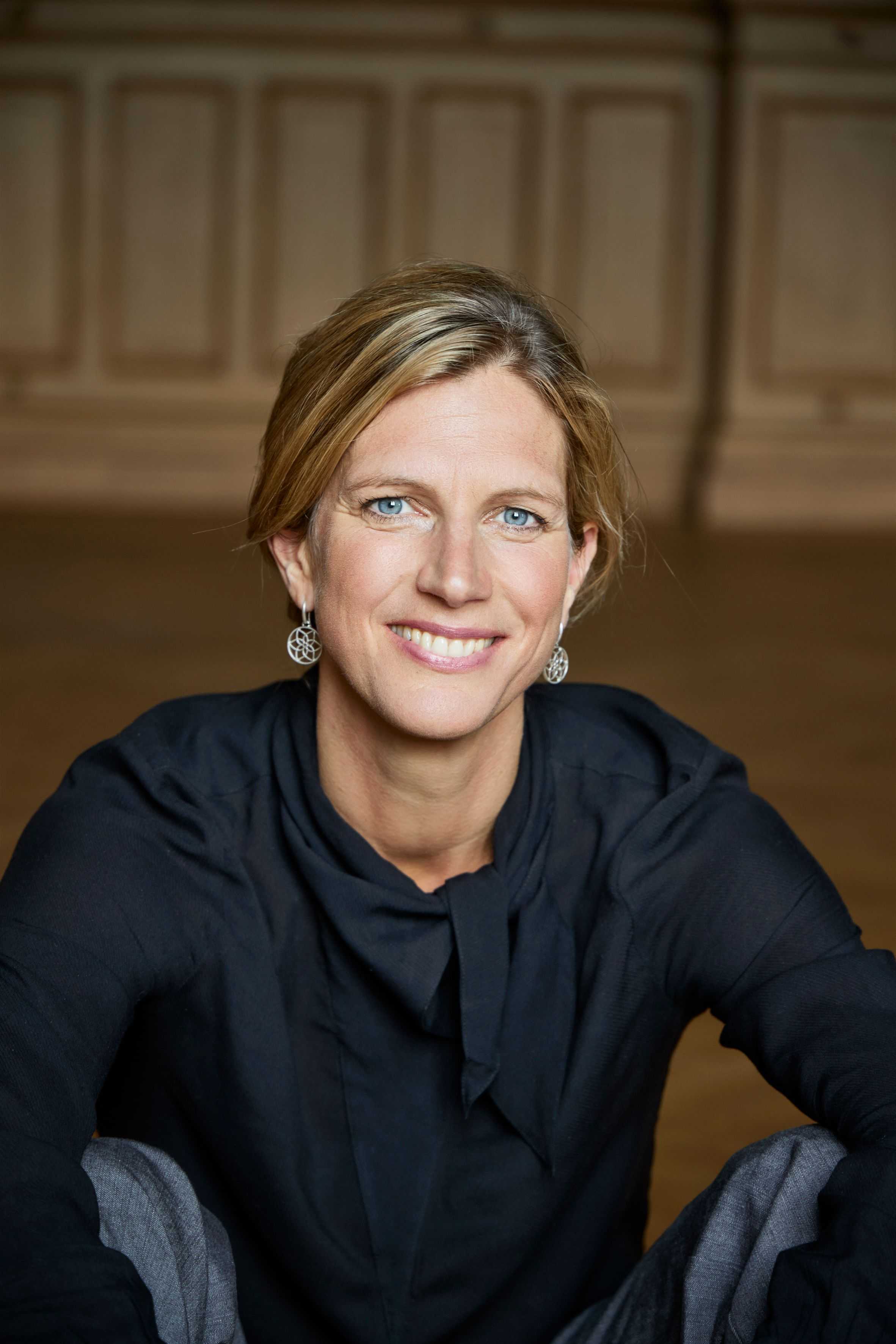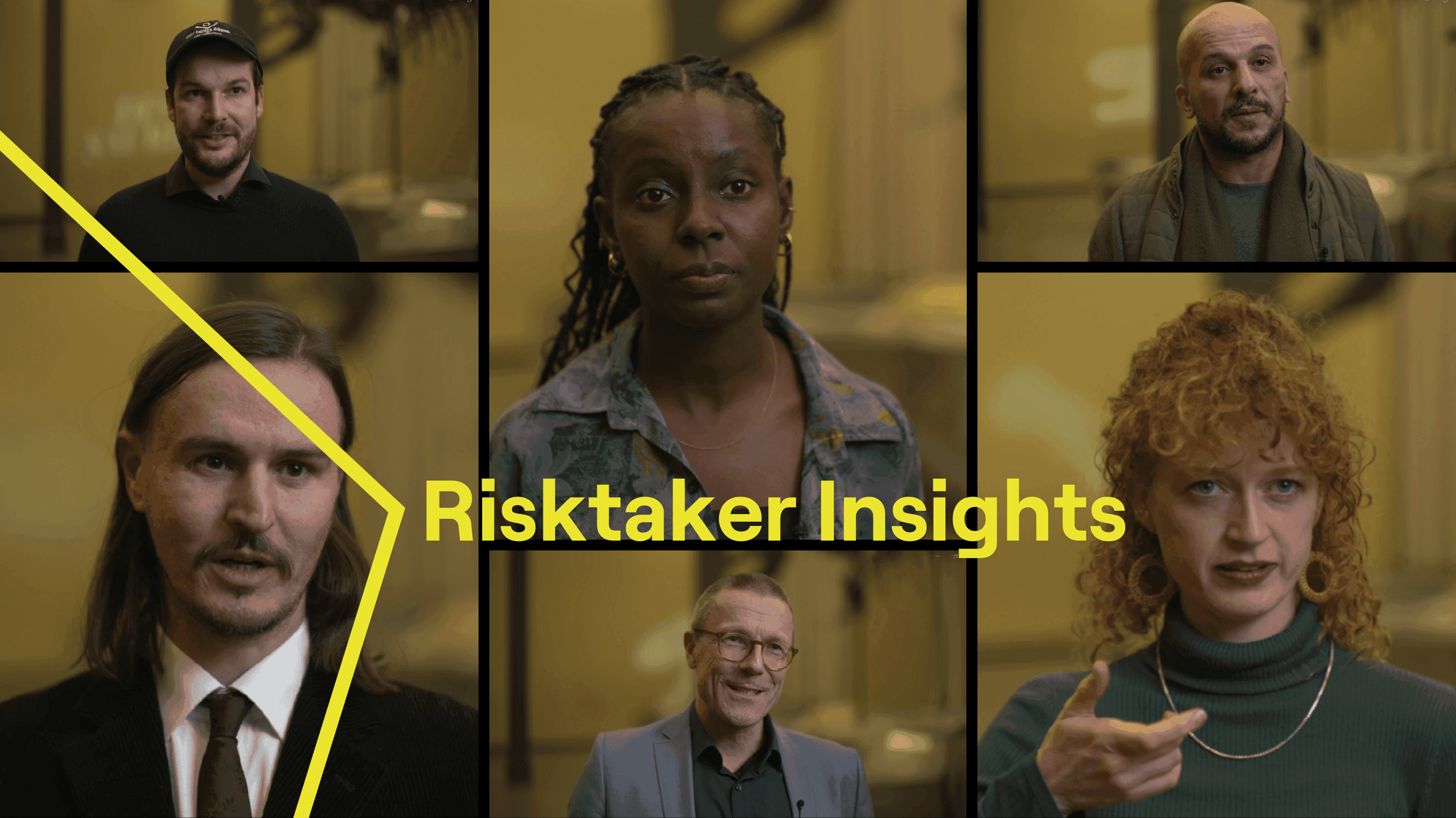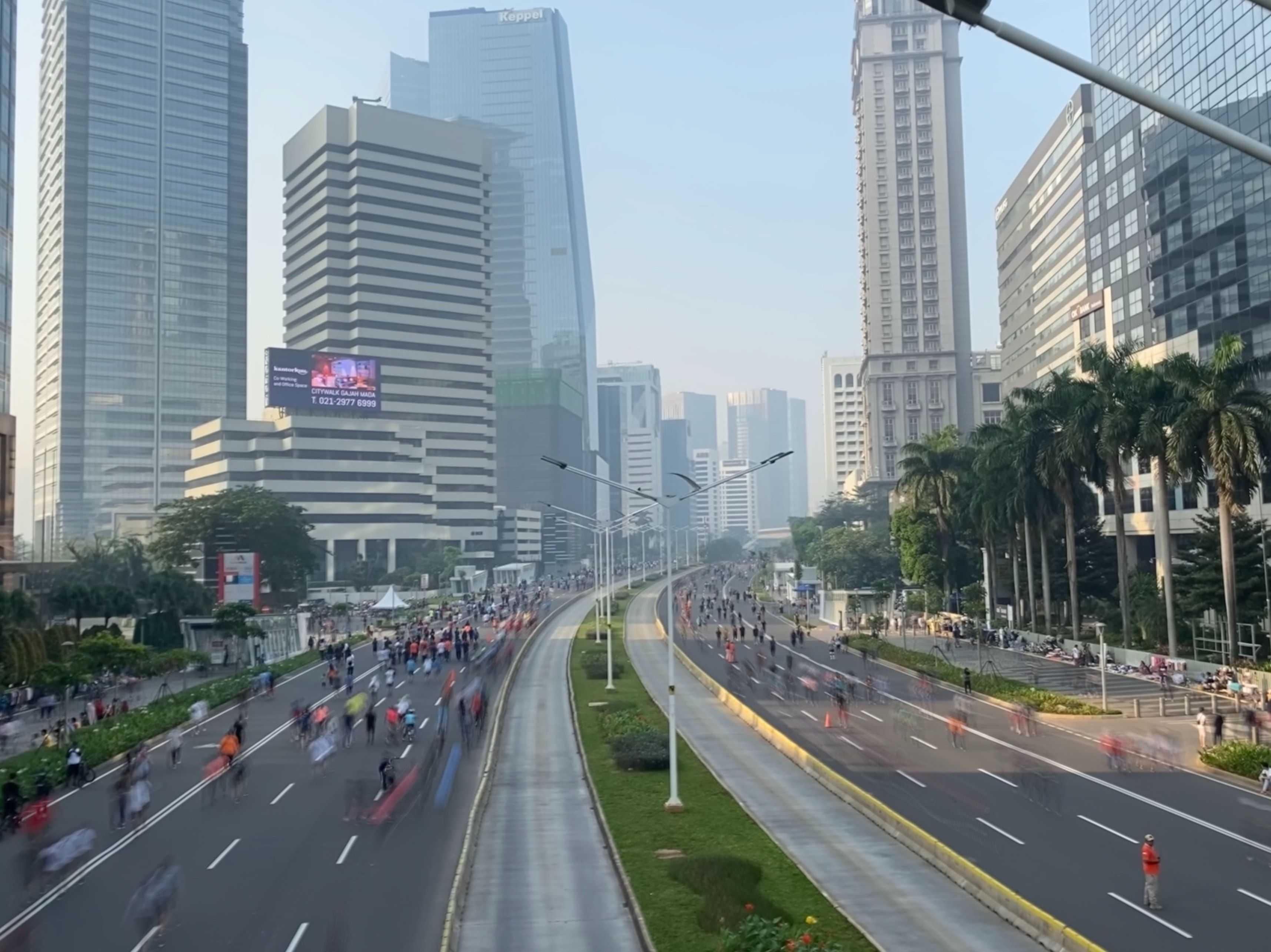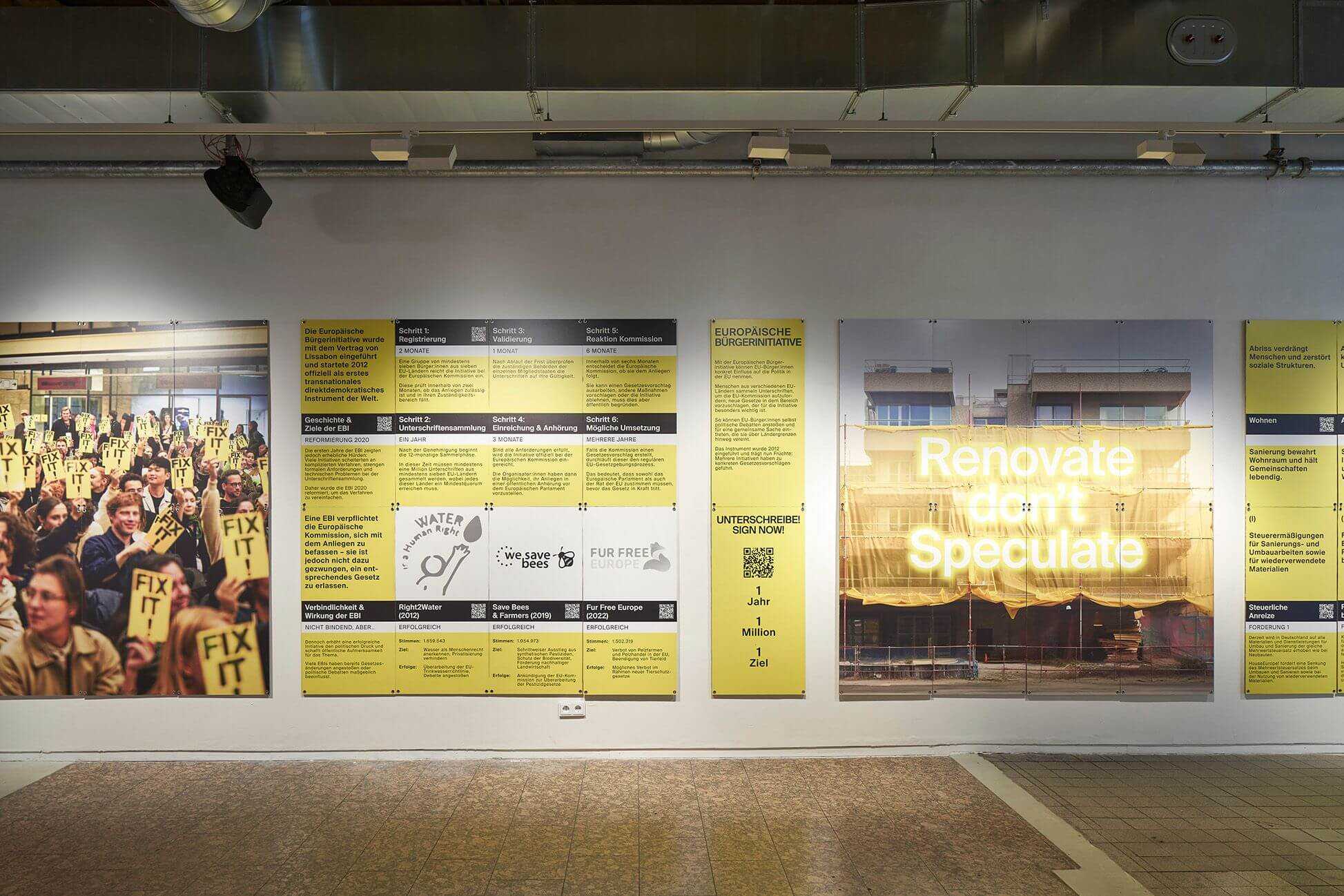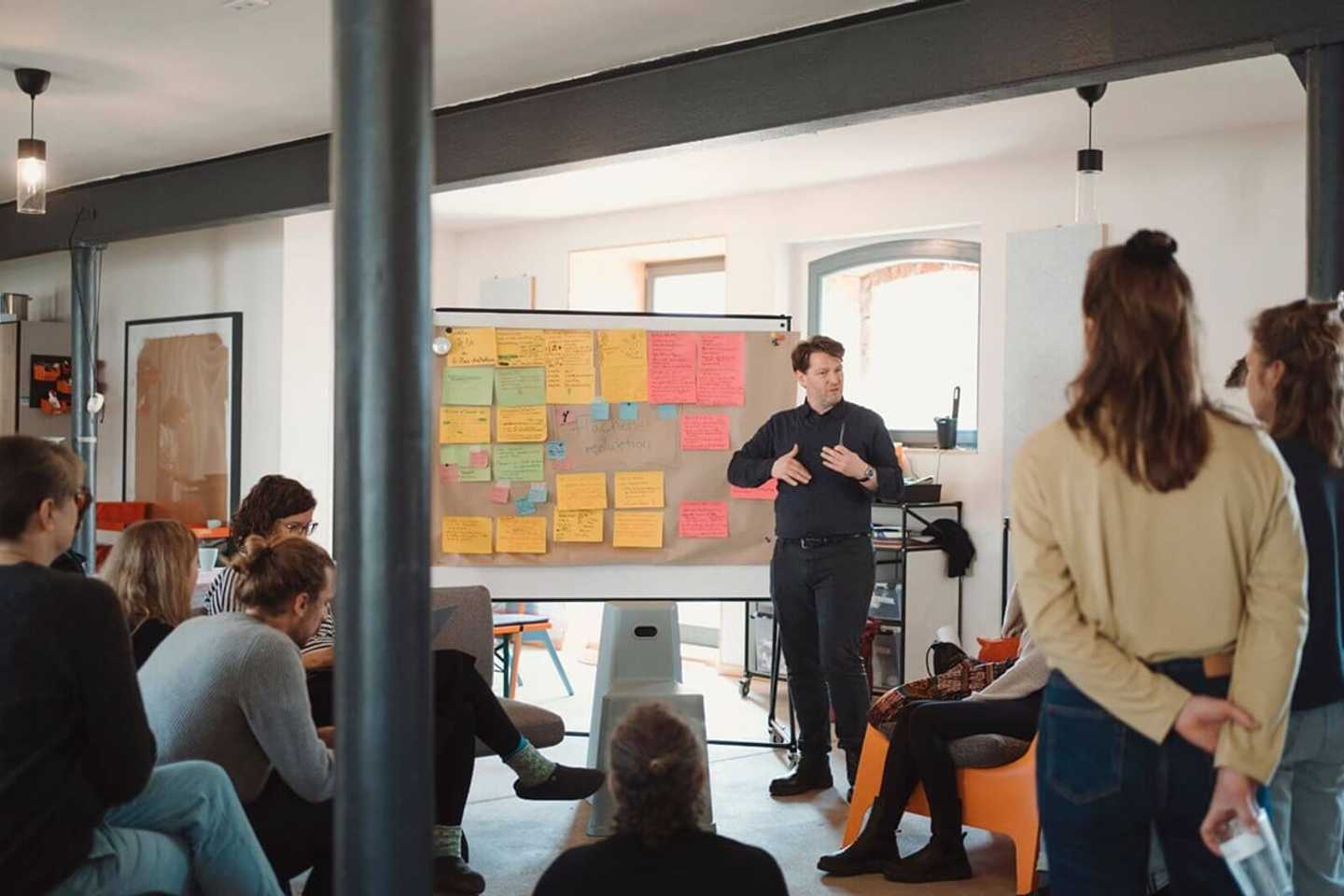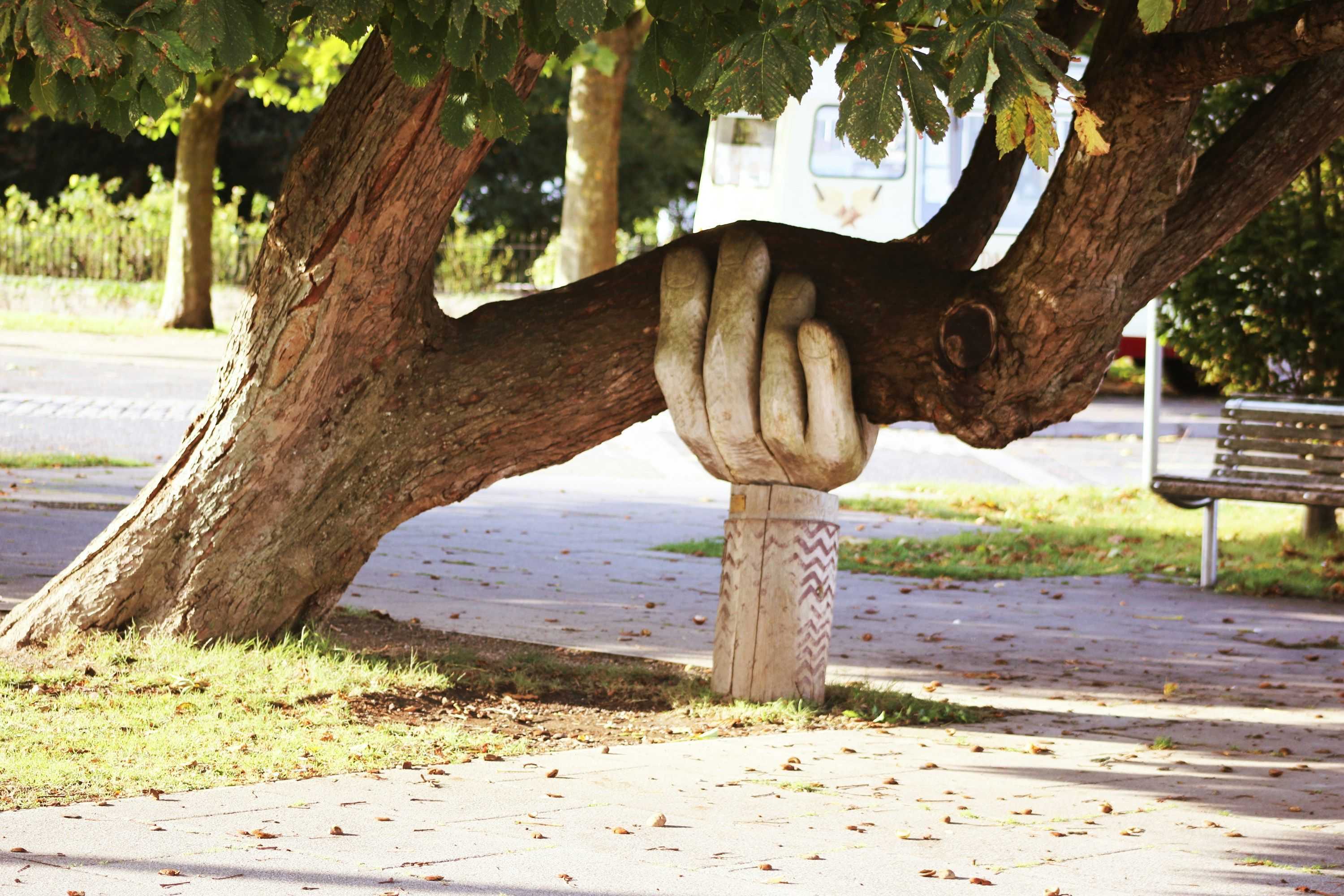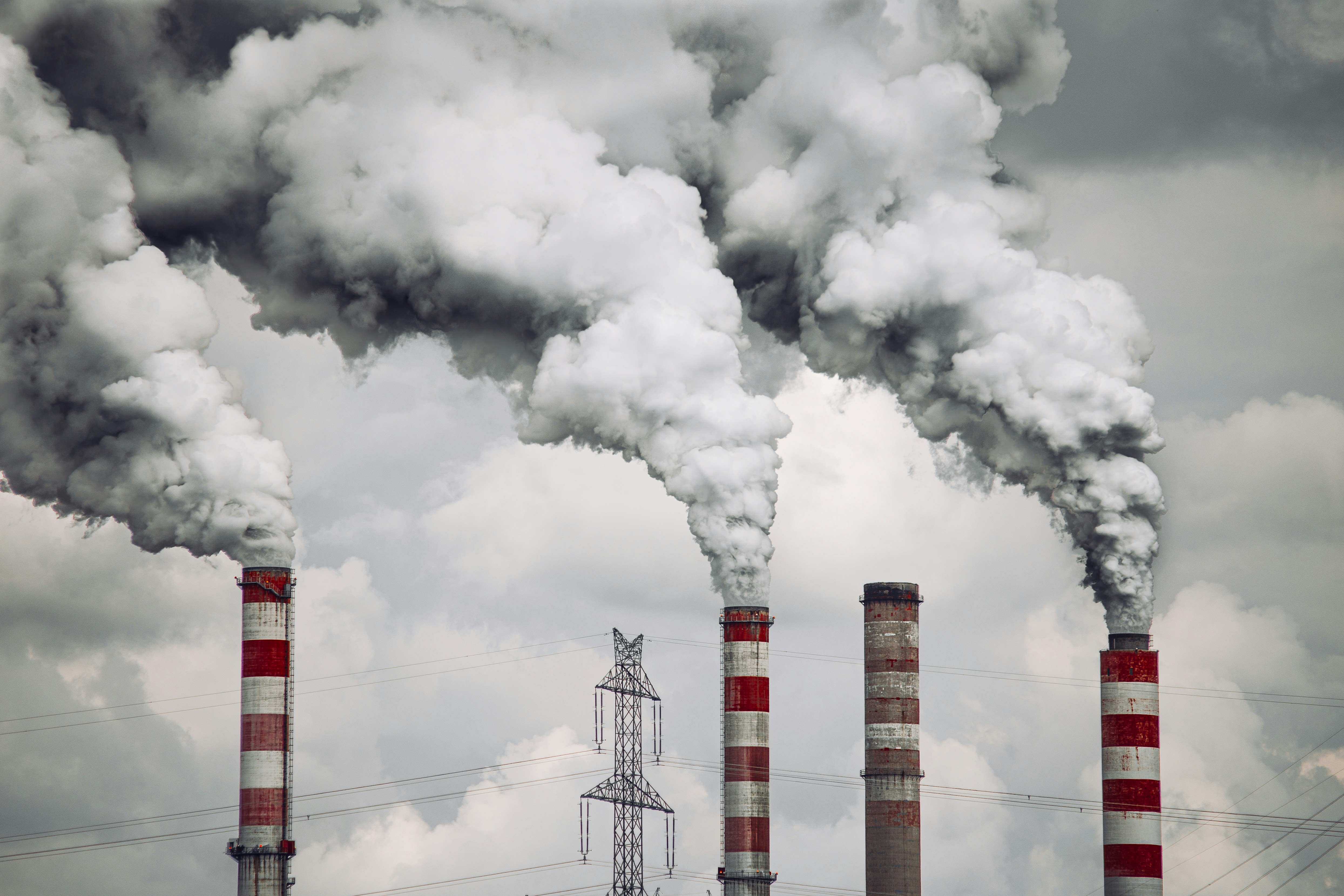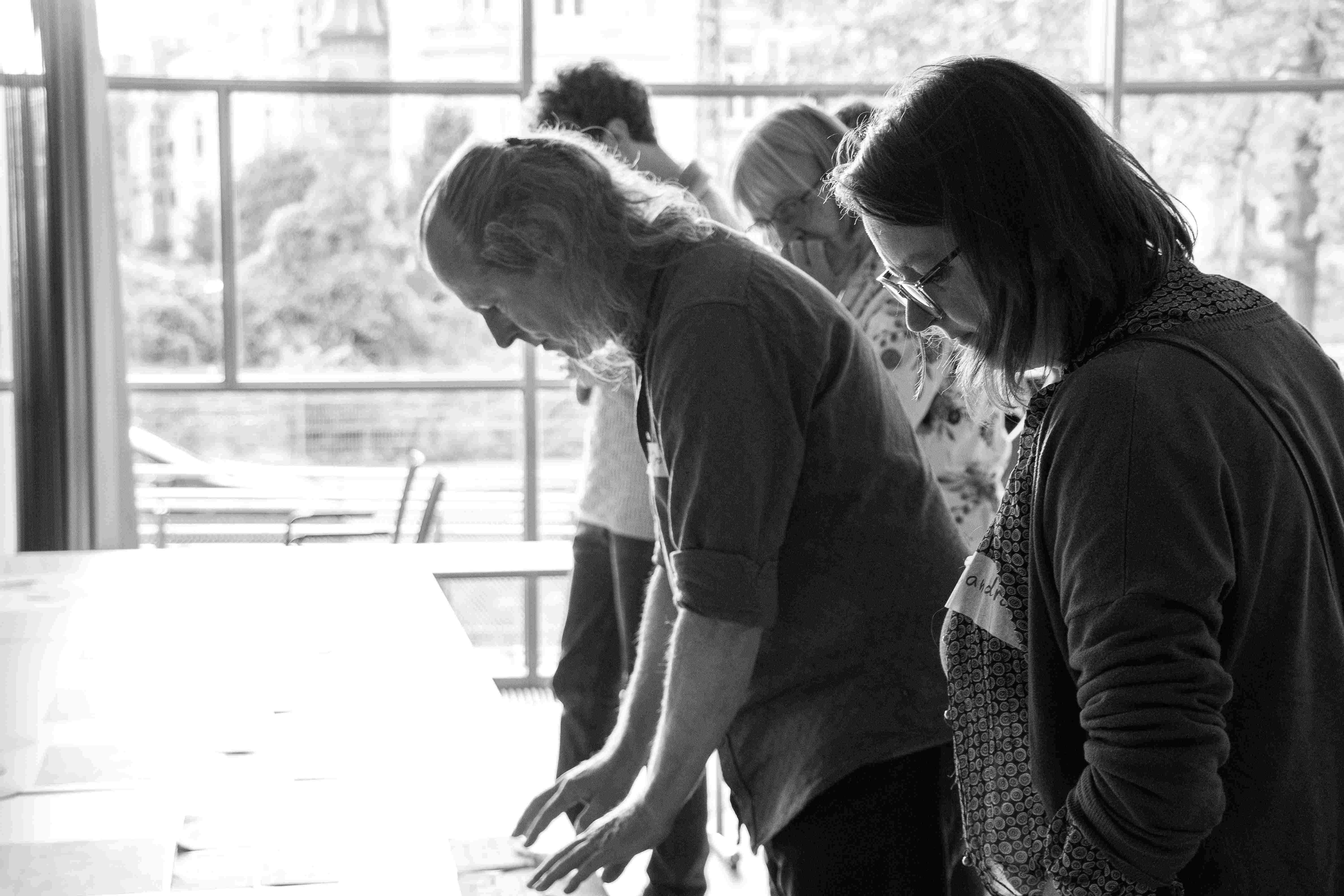
© Bernard Hermant / Unsplash
© Bernard Hermant / Unsplash
The Allianz Foundation is actively advocating for a climate-neutral world. Our goal is to identify and support transformative and fair climate protection projects and strengthen their leading effects.
Through the Paris Climate Accord the earth’s countries have committed to keep the planet habitable for future generations and limit the increase in global warming to 1.5 degrees above pre-industrial levels. In fact, today the increase has already reached 1.2 degrees – mainly caused by the massive use of fossil fuels. This is why “business as usual” is not an option. The window of opportunity when an irreversible global warming can still be halted is closing rapidly. We need practical solutions that lead to real change and increase everyone’s awareness for the tasks we face. These solutions must keep in mind the close connection between climate protection and biodiversity. The one cannot be reached without the other.
With the European Green Deal, the EU has set the goal of becoming the first climate neutral continent by 2050. That this transition must be socially just is also stated explicitly. However, the success of the Green Deal is endangered by populists looking for ways to instrumentalize atmospheres of social discontent engendered by, for example, rising energy prices. Increasing nationalism and lacking international exchange represent risks for the environment and climate protection – and with it a present and future that is just in terms of opportunities.
The transformation to climate neutrality must not leave anyone behind – neither people nor regions nor ecosystems. The Allianz Foundation is working at the interface of these challenges facing our planet, our societies, and every single person. Together with our partners, we want to strengthen a socially fair transformation and open debates that include unconventional figures. We support the European civil society in its fight for ambitious climate protection. These are decisive factors towards a climate neutral world.
In July, the first of our twelve new projects launched Allianz Foundation’s current funding program. In a time of democratic backsliding, climate emergencies, and social fragmentation, we are specifically supporting projects that go beyond conventional paths and offer innovative solutions to pressing societal and ecological issues. Find out more about the funded projects here.
+APPLICATION DEADLINE EXPIRED+ Allianz Foundation's 2025 funding program is now open for applications. We support initiatives with civil society, ecological, cultural and artistic backgrounds. We place a special emphasis on projects working at the intersection of these areas and pursuing systematic change.
Twelve new projects in this year’s funding program – 'Fixing what's broken. Together!' – started in September. This season we are specifically supporting cooperation projects that address social divisions and ecological crises. Their work stands for solidarity, community spirit, and respect. Get to know the funded projects here.
The Secretary General of the German Section of Amnesty International in conversation with Esra Kücük, CEO of the Allianz Foundation, talking about freedom of civil society, the climate crisis as a human rights crisis, and solidarity with risktakers.
The year 2045 is the deadline – Germany has to be climate neutral by then at the latest. This also applies for the building sector. Heat pumps are a key tool to achieve this, together with energy-efficient renovations – this is a main finding from a project of the Deutsche Umwelthilfe (Environmental Action Germany).
Esra Kücük, CEO of the Allianz Foundation, in conversation with Allianz Foundation Fellow Maja Göpel about the courage for transformation, necessary new narratives for a society fit for the future and cooperation as new realism.
Risktakers are people and organizations who dare to commit to a world worth living in. They leave familiar paths and established ways of thinking to test new approaches for a sustainable future. On the occasion of the launch of the new Foundation, we asked some risktakers about their motivations and visions.
From eco-playwriting programs for Algerian students to building a climate justice network in Europe - Get to know our ten Climate Cultures grantees!
How can we reallocate public spaces for walking, biking, and greenery? How can public transport be better promoted? How can we phase out petrol-fueled cars from cities? Here's a blog contribution by Barbara Stoll, Director Clean Cities Campaign.

